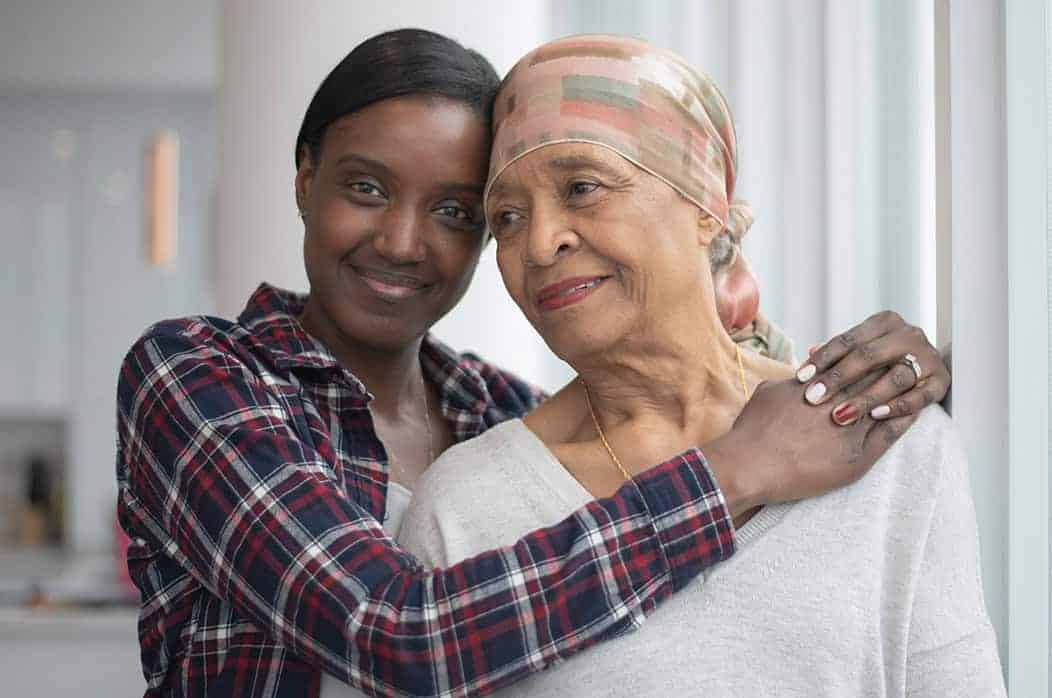Why Donating to Hospice Care Matters

Death is a difficult subject, often shrouded in silence and fear. But for those facing the end of life, hospice care offers comfort and dignity. However, this crucial service relies heavily on financial support, especially if you live in New York.
New York’s Underutilization of Hospice Care
New York faces a unique challenge when it comes to hospice care: it has the lowest utilization rate in the nation, with only 24% of Medicare decedents utilizing the benefit compared to the national average of 43.2%. This means thousands of New Yorkers, particularly from underserved communities, are potentially missing out on the comfort and support hospice care offers at the end of life.
Why is this happening? Research suggests several contributing factors:
- Lack of awareness: Many patients and families, especially in underserved communities, are unaware of hospice care options or have misconceptions about the service.
- Cultural and religious beliefs: Some cultures or religious groups may have reservations about hospice, viewing it as giving up on treatment. When in fact, hospice care is typically culturally sensitive and centers around a patient’s beliefs and backgrounds.
- Navigating the system: The application process for hospice can be complex and confusing, especially for those with limited resources or language barriers.
- Limited access to providers: Disparities exist in access to hospice care, particularly for rural areas and communities with limited transportation options.
- Lack of caregiver support: Beyond financial hurdles, caregivers facing a loved one’s hospice journey often battle emotional burdens, logistical struggles, and cultural/familial tensions.
While Medicare and Medicaid cover hospice care, gaps still exist:
- Co-pays and deductibles: Even with insurance, some patients may face co-pays, deductibles, or other out-of-pocket costs that create a barrier to accessing care.
- Limited services covered: Medicaid may not cover all the services a patient needs, such as specialized therapies or emotional counseling. Support to caregivers is also very limited or nonexistent.
- Transportation and social support: Lack of transportation or social support can make accessing and utilizing hospice services difficult, even when covered by insurance.
The Impact of Donations to Hospice Care
Donations in support of hospice care programs have a transformative impact on individuals and families facing the end of life in New York, especially those from underserved communities. Here’s how:
- Directly address barriers: Support can help fund outreach programs, simplify the application process, and provide culturally competent care, ensuring everyone has equal access.
- Bridge the financial gap: Donations can go to covering co-pays, deductibles, or additional services not covered by insurance, removing financial barriers and ensuring everyone receives the care they need.
- Expand access and support: Contributions can help provide transportation assistance, in-home care, and other support services for caregivers, removing logistical hurdles and ensuring patients can comfortably access care.
- Advocate for change: Donations can support policy initiatives that expand access to hospice care and address systemic inequities, creating more just and equitable health care for all.
- Support caregivers: Donations can help organizations fund support groups, respite services, and culturally sensitive care, easing emotional strains, simplifying logistics, and bridging communication gaps. This allows caregivers to embrace hospice, creating a less stressful, more fulfilling experience for everyone involved.
When it comes to supporting hospice care, the sum is more significant than its parts. By donating to hospice care organizations in New York, like MJHS Hospice, you’re not just making a financial contribution; you’re making a difference in the lives of individuals and families during their most vulnerable times. You’re shining a light on the end, ensuring everyone can experience a peaceful and dignified ending, regardless of their background or financial situation.
Contact us to learn more about MJHS, a not-for-profit health system, or to donate in support of the hospice care programs we provide in our community.
